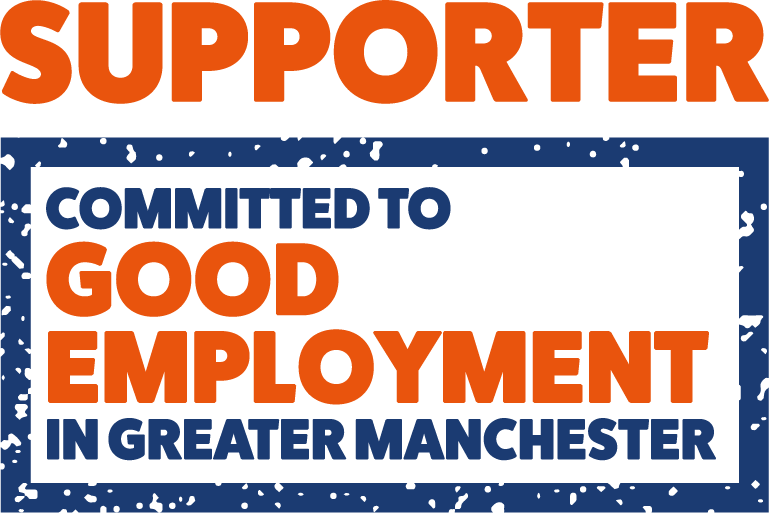The material is available for you below:
by Dr Chris Robinson and Terry Philpot
Healing Child Trauma Through Restorative Parenting details how children can be helped to recover with the use of Restorative Parenting, an innovative model informed by psychological and neurological understanding of trauma and its effects. It explains the critical role that people, relationships and the environment play in a child’s recovery. It shows what constitutes a therapeutic environment, whereby a child experiences therapy not as one-to-one sessions but as a lived experience. The authors show how other components of the model – building therapeutic relationships, promoting positive education and encouraging clinically informed life style choices – are intimately linked, each critical to the re-parenting which the child undergoes.
This book will be welcomed by professionals working with children, including those in residential, health and foster care, psychology, education and health, as well as those commissioning services. The models, concepts and practices are transferable to public, private and charitable agencies.
If you would like a copy emailing out to you, please contact us: contact@halliwellhomes.co.uk
L. Parry,
Williams
Burbidge
This novel integrative approach to re-parenting and embedded measurement system to track the children’s progress is the first of its kind and has originated from extensive multisystemic clinical practice.
We are what we eat
Research shows that a healthy diet and positive approach to food impacts every aspect of life – from mental and physical wellbeing to educational outcomes and communication skills.
CYP Now has compiled a guide to tracking outcomes in looked-after children in partnership with Halliwell Homes.
The guide examines:
The importance of tracking outcomes when working with looked-after children – what are the benefits for children, social workers, foster families and local authorities
Which areas are most important to measure, and why
How outcomes can improve through therapeutic parenting
CYP Now has compiled a guide to managing transitions in care in partnership with Halliwell Homes.
Children coming into residential care are often unable to sustain the intensity of living in a small family unit. Larger homes can offer more opportunities to address the emotional, behavioural, social and developmental needs of every child, supporting their psychological wellbeing until they are able to move successfully into a family environment.
Children coming into residential care have usually experienced trauma and rejection. Whether they have been removed from biological parents or from adoptive or foster placements which have broken down, many will feel they have been abandoned.
For a child who has experienced abuse, neglect or loss, attending school is not only about learning in the educational sense – it is also regarded by Halliwell Homes as critical for their recovery. That is why schools are provided as an important part of its Restorative Parenting© programme
Suffering the trauma of abuse, loss or rejection severely impacts on a child’s ability to develop both socially and emotionally and therefore achieve their full potential.
It is a sad truth that too many children in the looked-after system move from placement to placement, with an exponentially negative effect on their mental and physical health.
Tel: 0161 437 9491
Email: contact@halliwellhomes.co.uk
Halliwell Homes Ltd. Pearce House, 80 Cawdor Street Eccles, Salford, M30 0QF


Tel: 0161 437 9491
Email: contact@halliwellhomes.co.uk
Halliwell Homes Ltd. Pearce House, 80 Cawdor Street Eccles, Salford, M30 0QF

